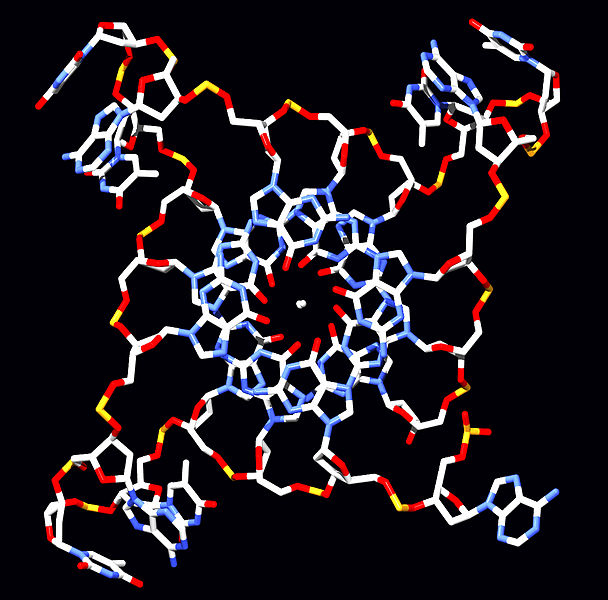A new treatment for Huntington's?
Interview with
Russell and colleagues developed a Huntington's disease flock of transgenic sheep that he's called the Kiwis. They've been genetically tweaked to contain a short number of CAG genetic repeats. Looking at their brains, they show the same pathology as very early stage Huntington's. Russell is using the kiwi model to help find out how to safely stop full Huntington's progressing by preventing the bad Huntington's protein from accumulating in the brain as he explains..
Russell - So, the central dogma of molecular biology is that a gene in the  genome is read and it is read and copied into the stuff called RNA or messenger RNA and then that's get read and copied into protein. If we could remove the messenger RNA, then the message won't go forward and be translated into a protein. Actually, that is the language we use. If you make small molecules of RNA that could stick the copy carrying the mutation, then the cell has this wonderful mechanism of recognising when two RNA molecules are stuck together and comes along with an enzyme called dicer. It nibbles it and chops it up and then it's removed. So, if we can get those small RNA molecules into the brain and they're going to do that by injecting a virus. If that virus gets taken up by the vulnerable cells, expressing or producing these small molecules which will stick very specifically to the aberrant or mutant RNA and just chop it up.
genome is read and it is read and copied into the stuff called RNA or messenger RNA and then that's get read and copied into protein. If we could remove the messenger RNA, then the message won't go forward and be translated into a protein. Actually, that is the language we use. If you make small molecules of RNA that could stick the copy carrying the mutation, then the cell has this wonderful mechanism of recognising when two RNA molecules are stuck together and comes along with an enzyme called dicer. It nibbles it and chops it up and then it's removed. So, if we can get those small RNA molecules into the brain and they're going to do that by injecting a virus. If that virus gets taken up by the vulnerable cells, expressing or producing these small molecules which will stick very specifically to the aberrant or mutant RNA and just chop it up.
Hannah - Russell Snell, describing a new therapy, hoping to prevent Huntington's. Exciting studies and the results are expected in the middle of 2014.










Comments
Add a comment